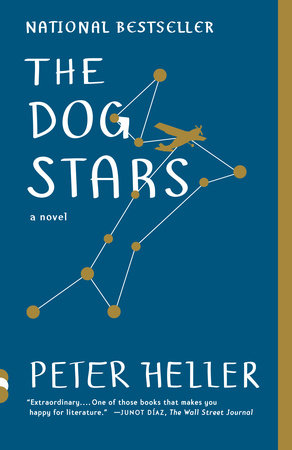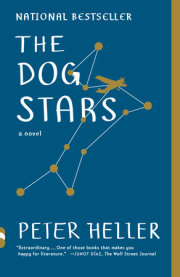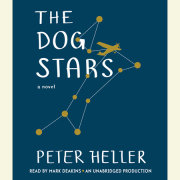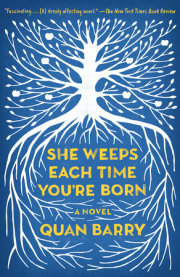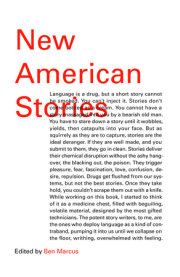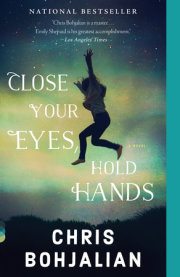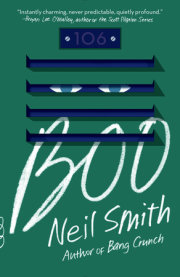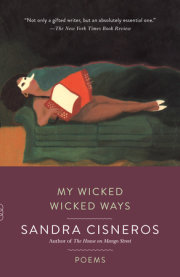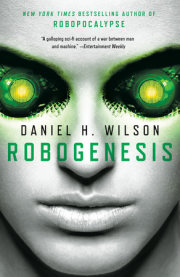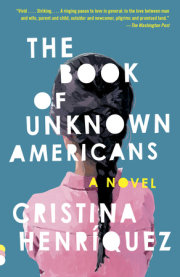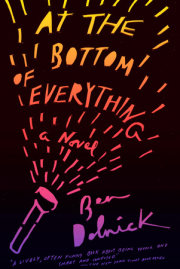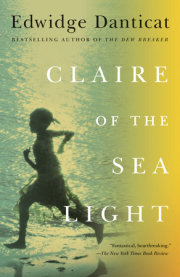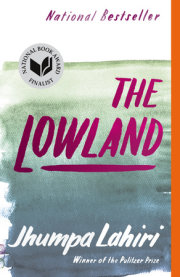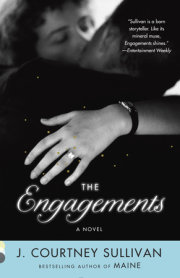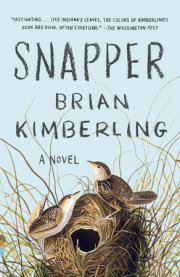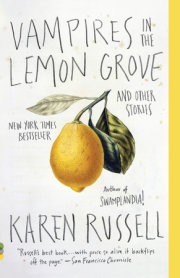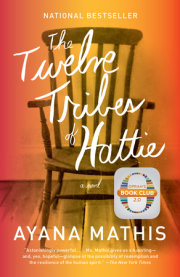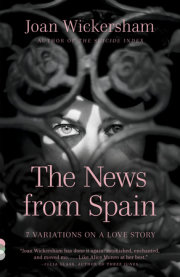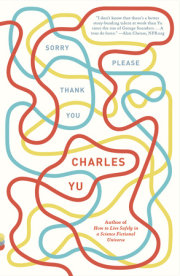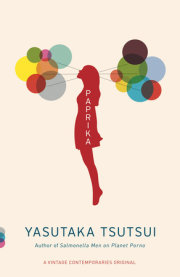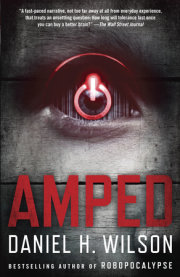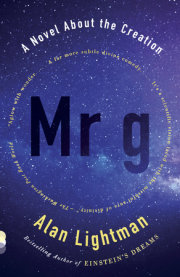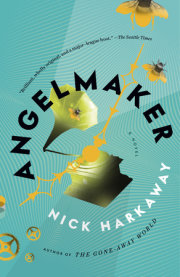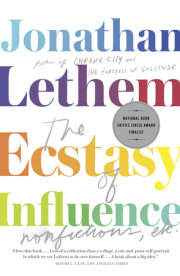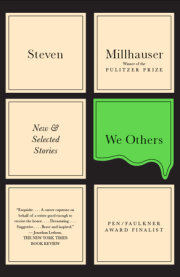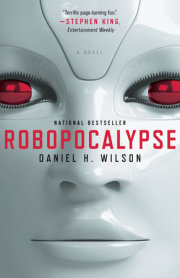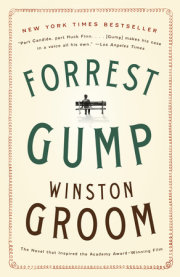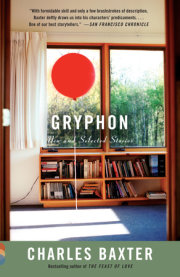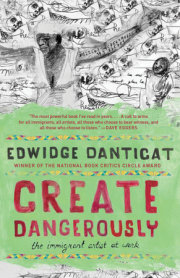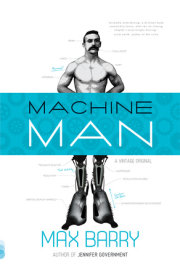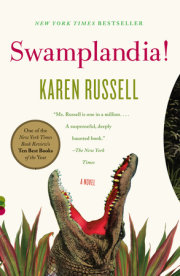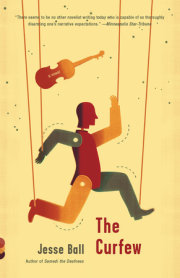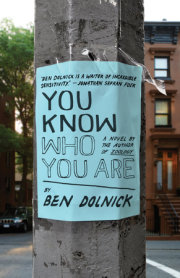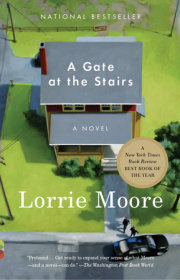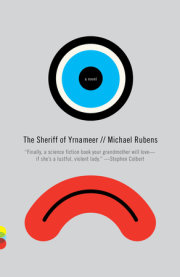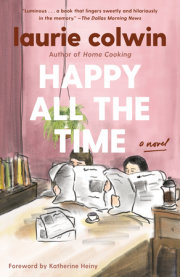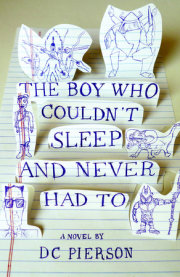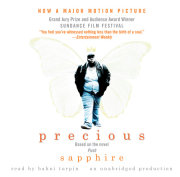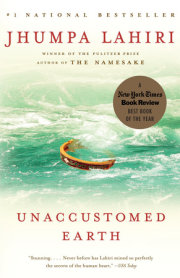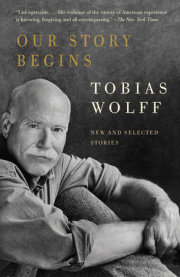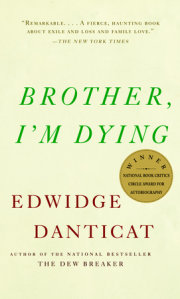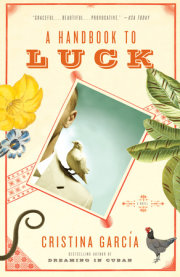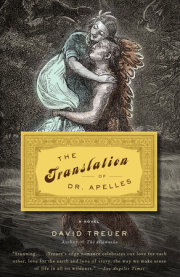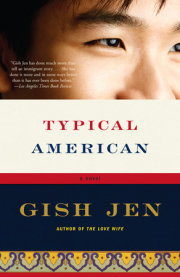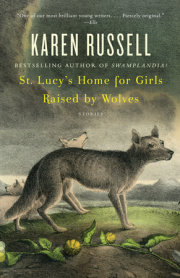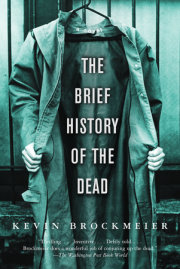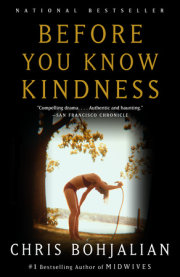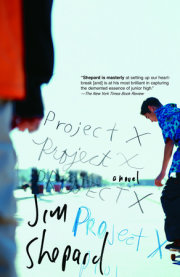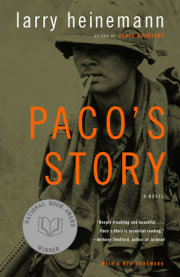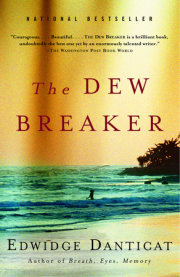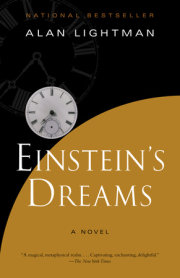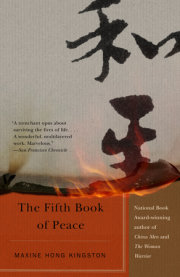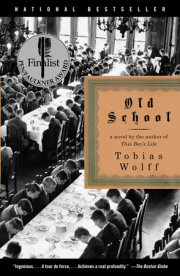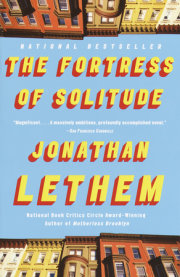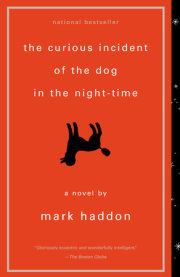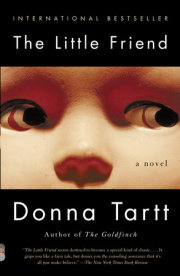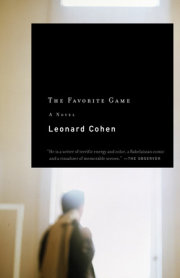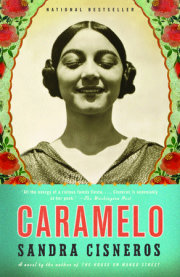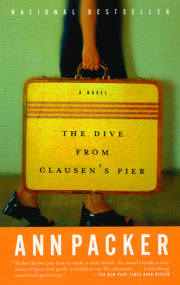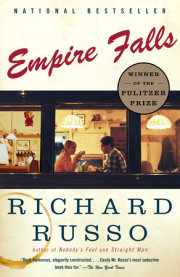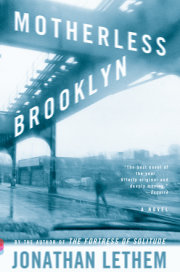i
I keep the Beast running, I keep the 100 low lead on tap, I foresee attacks. I am young enough, I am old enough. I used to love to fish for trout more than almost anything.
My name is Hig, one name. Big Hig if you need another.
If I ever woke up crying in the middle of a dream, and I’m not saying I did, it’s because the trout are gone every one. Brookies, rainbows, browns, cutthroats, cutbows, every one.
The tiger left, the elephant, the apes, the baboon, the cheetah. The titmouse, the frigate bird, the pelican (gray), the whale (gray), the collared dove. Sad but. Didn’t cry until the last trout swam upriver looking for maybe cooler water.
Melissa, my wife, was an old hippy. Not that old. She looked good. In this story she might have been Eve, but I’m not Adam. I am more like Cain. They didn’t have a brother like me.
Did you ever read the Bible? I mean sit down and read it like it was a book? Check out Lamentations. That’s where we’re at, pretty much. Pretty much lamenting. Pretty much pouring our hearts out like water.
They said at the end it would get colder after it gets warmer. Way colder. Still waiting. She’s a surprise this old earth, one big surprise after another since before she separated from the moon who circles and circles like the mate of a shot goose.
No more geese. A few. Last October I heard the old bleating after dusk and saw them, five against the cold bloodwashed blue over the ridge. Five all fall, I think, next April none.
I hand pump the 100 low lead aviation gas out of the old airport tank when the sun is not shining, and I have the truck too that was making the fuel delivery. More fuel than the Beast can burn in my lifetime if I keep my sorties local, which I plan to, I have to. She’s a small plane, a 1956 Cessna 182, really a beaut. Cream and blue. I’m figuring I’m dead before the Beast gives up the final ghost. I will buy the farm. Eighty acres of bottomland hay and corn in a country where there is still a cold stream coming out of the purple mountains full of brookies and cuts.
Before that I will make my roundtrips. Out and back.
*
I have a neighbor. One. Just us at a small country airport a few miles from the mountains. A training field where they built a bunch of houses for people who couldn’t sleep without their little planes, the way golfers live on a golf course. Bangley is the name on the registration of his old truck, which doesn’t run anymore. Bruce Bangley. I fished it out of the glove box looking for a tire pressure gauge I could take with me in the Beast. A Wheat Ridge address. I don’t call him that, though, what’s the point, there’s only two of us. Only us for at least a radius of eight miles, which is the distance of open prairie to the first juniper woods on the skirt of the mountain. I just say, Hey. Above the juniper is oak brush then black timber. Well, brown. Beetle killed and droughted. A lot of it standing dead now, just swaying like a thousand skeletons, sighing like a thousand ghosts, but not all. There are patches of green woods, and I am their biggest fan. I root for them out here on the plain. Go Go Go Grow Grow Grow! That’s our fight song. I yell it out the window as I fly low over. The green patches are spreading year by year. Life is tenacious if you give it one little bit of encouragement. I could swear they hear me. They wave back, wave their feathery arms back and forth down low by their sides, they remind me of women in kimonos. Tiny steps or no steps, wave wave hands at your sides.
I go up there on foot when I can. To the greener woods. Funny to say that: not like I have to clear my calendar. I go up to breathe. The different air. It’s dangerous, it’s an adrenalin rush I could do without. I have seen elk sign. Not so old. If there are still elk. Bangley says no way. Way, but. Never seen one. Seen plenty deer. I bring the .308 and I shoot a doe and I drag her back in the hull of a kayak which I sawed the deck off so it’s a sled. My green sled. The deer just stayed on with the rabbits and the rats. The cheat grass stayed on, I guess that’s enough.
Before I go up there I fly it twice. One day, one night with the goggles. The goggles are pretty good at seeing down through trees if the trees aren’t too heavy. People make pulsing green shadows, even asleep. Better than not checking. Then I make a loop south and east, come back in from the north. Thirty miles out, at least a day for a traveler. That’s all open, all plains, sage and grass and rabbit brush and the old farms. The brown circles of fields like the footprint of a crutch fading into the prairie. Hedgerows and windbreaks, half the trees broken, blown over, a few still green by a seep or along a creek. Then I tell Bangley.
I cover the eight miles dragging the empty sled in two hours, then I am in cover. I can still move. It’s a long way back with a deer, though. Over open country. Bangley covers me from halfway out. We still have the handsets and they still recharge with the panels. Japanese built, good thing. Bangley has a .408 CheyTac sniper rifle set up on a platform he built. A rangefinder. My luck. A gun nut. A really mean gun nut. He says he can pot a man from a mile off. He has done. I’ve seen it more than once. Last summer he shot a girl who was chasing me across the open plain. A young girl, a scarecrow. I heard the shot, stopped, left the sled, went back. She was thrown back over a rock, a hole where her waist should have been, just about torn in half. Her chest was heaving, panting, her head twisted to the side, one black eye shiny and looking up at me, not fear, just like a question, burning, like of all things witnessed this one couldn’t be believed. Like that. Like fucking why?
That’s what I asked Bangley, fucking why.
She would have caught you.
So what? I had a gun, she had a little knife. To like protect her from
me. She maybe wanted food.
Maybe. Maybe she’d slit your throat in the middle of the night.
I stared at him, his mind going that far, to the middle of the night, me and her. Jesus. My only neighbor. What can I say to Bangley? He has saved my bacon more times. Saving my bacon is his job. I have the plane, I am the eyes, he has the guns, he is the muscle. He knows I know he knows: he can’t fly, I don’t have the stomach for killing. Any other way probably just be one of us. Or none.
I also have Jasper, son of Daisy, which is the best last line of alarm.
So when we get sick of rabbits and sunfish from the pond, I get a deer. Mostly I just want to go up there. It feels like church, hallow and cool. The dead forest swaying and whispering, the green forest full of sighs. The musk smell of deer beds. The creeks where I always pray to see a trout. One fingerling. One big old survivor, his green shadow idling against the green shadows of the stones.
Eight miles of open ground to the mountain front, the first trees. That is our perimeter. Our safety zone. That is my job.
He can concentrate his firepower to the west that way. That’s how Bangley talks. Because it’s thirty miles out, high plains all other directions, more than a day’s walk, but just a couple of hours west to the first trees. The families are south ten miles but they don’t bother us. That’s what I call them. They are something like thirty Mennonites with a blood disease that hit after the flu. Like a plague but slow burning. Something like AIDS I think, maybe more contagious. The kids were born with it and it makes them all sick and weak and every year some die.
We have the perimeter. But if someone hid. In the old farmsteads. In the sage. The willows along a creek. Arroyos, too, with undercut banks. He asked me that once: how do I know. How do I know someone is not inside our perimeter, in all that empty country, hiding, waiting to attack us? But thing is I can see a lot. Not like the back of the hand, too simple, but like a book I have read and reread too many times to count, maybe like the Bible for some folks of old. I would know. A sentence out of place. A gap. Two periods where there should be one. I know.
I know, I think: if I am going to die—no If—it will be on one of these trips to the mountains. Crossing open ground with the full sled. Shot in the back with an arrow.
Bangley a long time ago gave me bulletproof, one of the vests in his arsenal. He has all kinds of shit. He said it’ll stop any handgun, an arrow, but with a rifle it depends, I better be lucky. I thought about that. We’re supposed to be the only two living souls but the families in at least hundreds of square miles, the only survivors, I better be lucky. So I wear the vest because it’s warm, but if it’s summer I mostly don’t. When I wear it, I feel like I’m waiting for something. Would I stand on a train platform and wait for a train that hasn’t come for months? Maybe. Sometimes this whole thing feels just like that.
Copyright © 2012 by Peter Heller. All rights reserved. No part of this excerpt may be reproduced or reprinted without permission in writing from the publisher.

